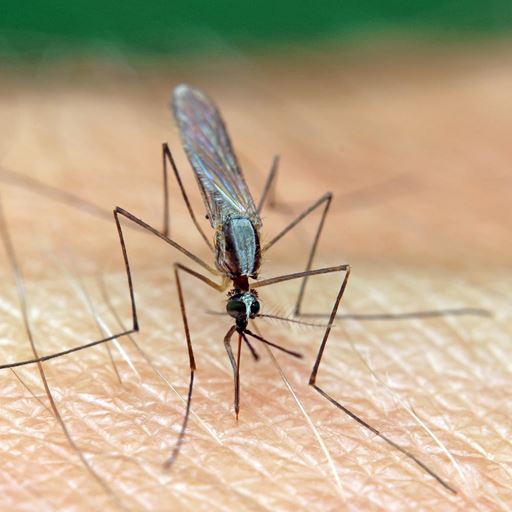Dr Majdzadeh, who is a global health expert from our School of Health and Social Care, has made a major contribution to the worldwide efforts for malaria elimination.
More recently he was part of a team of malaria experts who visited Azerbaijan, which suffered a major malaria epidemic after being faced with more than 800,000 refugees due to regional disputes after the collapse of the Soviet Union in 1991. However, since the country's economic development in 2012, no cases of locally transmitted malaria have been reported.
During the two-week visit at the end of 2022, Dr Majdzadeh and the team conducted an independent assessment of various dimensions of Azerbaijan's health system and provided recommendations to prevent the reintroduction of malaria. The WHO has now officially certified that malaria has been eliminated from Azerbaijan.
The WHO Director-General, Dr Tedros Adhanom Ghebreyesus, has now written to Professor Majdzadeh, thanking him for his support in the Azerbaijan mission.
The letter stated: “Your input into this process was invaluable and contributed to the successful malaria elimination certification of Azerbaijan. This is a momentous step in Azerbaijan’s history and WHO is privileged that you contributed to this public health recommendation.”
Malaria, a disease that has plagued humanity for centuries, continues to pose a significant health hazard today, with 247 million people affected and 619,000 lives claimed annually. The impact of this disease cannot be underestimated, as it poses a grave risk to the lives of marginalised and inaccessible populations. Its elimination breathes new life into communities.
“Eliminating malaria in Azerbaijan represents more than just a health goal,” explained Dr Majdzadeh. “It is an opportunity to eliminate a disease of poverty and thereby create a conducive environment for economic and social development.
“It also means taking a crucial step in safeguarding health security by controlling a potential threat with far-reaching consequences. The elimination of malaria will not only save lives but will also promote a healthier and more prosperous society.”
A systematic global effort has been established by the WHO to support countries to reach elimination and ensure that malaria does not return.
In eliminating and preventing malaria re-establishing, it is crucial to develop a resilient health system that can withstand hazards such as disasters and pandemics. Dr Majdzadeh’s pragmatic approach to health systems and their ability to resist such threats is the main reason for him being part of the Technical Advisory Group on Malaria Elimination Certification, which visits countries that have reached the elimination phase to determine whether they meet the certification criteria and have the necessary capacity to prevent the re-establishment of malaria.

.jpg?mh=500&mw=500&hash=6568B6C9CCF5290A596BEF6678B6AD0E)




